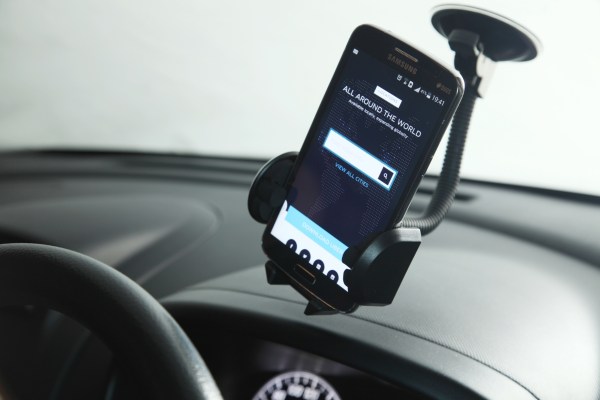With a global presence that already spans more than 450 cities worldwide, it isn’t often that Uber expands into new countries, but today the U.S. ride-sharing giant drove into Bangladesh for the first time.
The launch is capital city Dhaka is initially fairly limited but, like other Uber expansions, the plan is to open up to more parts of the city and beyond as more drivers register to use the service. With a population of 150 million people (and 18 million alone in Dhaka), Bangladesh could represent a lucrative new market for Uber but there are some emerging market factors to contend with.
For one thing, internet access stands at just 11 percent of the population despite more than 130 million active cell phones in the country. That’s something which mobile giant Telenor said makes the internet an “elite phenomenon,” and it clearly represents a huge challenge for any online business. In response to that, Uber has teamed up with Grameenphone, Bangladesh’s largest mobile carrier which is owned by Telenor, to help promote the service. Grameenphone was the conduit to launch a mobile health initiative in Bangladesh earlier this year, such is the power of mobile carriers in emerging markets.
In addition, as in other parts of South Asia and the surrounding areas, there’s a scarcity of credit and debit cards among consumers in Bangladesh. But Uber has been offering cash payments for some time, which helps overcome that issue.
Uber entered Pakistan, a country with a population of over 180 million, in March as part of a reported $250 million strategy to widen its position in Central Asia, the Middle East and North Africa, according to Reuters. These countries are far, far away from its global HQ in San Francisco and self-driving car pilot in Pittsburgh, which is exactly why it will be fascinating to see whether the firm can navigate the challenges of emerging markets and build out successful local businesses under very different conditions.
